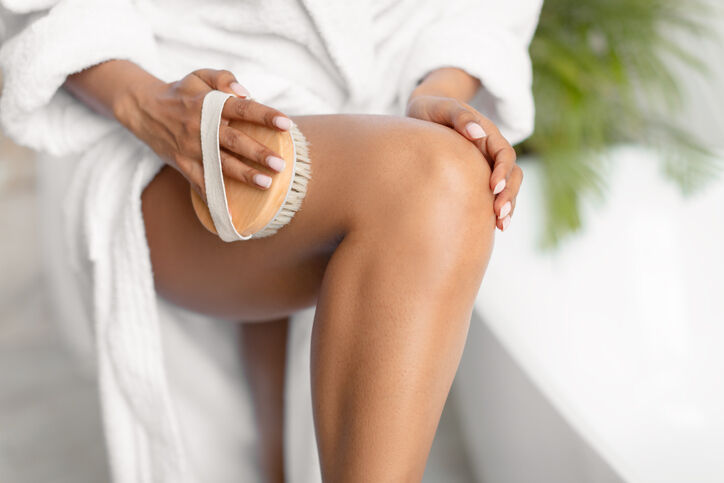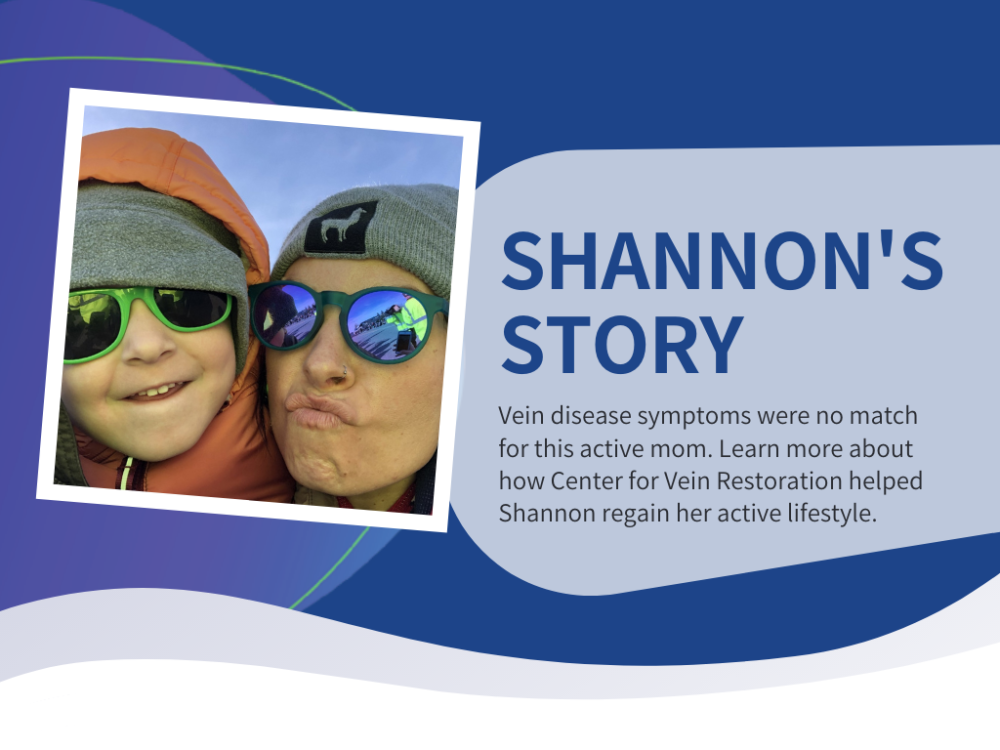The symptoms of venous insufficiency can be burdensome, but there are effective ways to alleviate them.
If your legs are swollen, feel heavy, or have twisted, enlarged varicose veins, these could be signs of venous insufficiency. Also known as vein disease, this condition is marked by weakened or damaged valves in the veins that fail to keep blood moving towards the heart. When this happens, blood collects in the legs. Left untreated, it can lead to more significant issues, such as debilitating pain, open sores, and skin discoloration.
Risk factors for developing venous insufficiency include family history, age, being female, obesity, a prior leg injury, pregnancy, or having a sedentary lifestyle. Luckily, there are effective treatments available to eliminate symptoms safely.
Common, Effective Treatments
So the question remains, what is the best way to treat my vein disease? The answer is: by consulting with a vein specialist. The board-certified vein physicians at CVR are experts at diagnosing the root cause of your venous insufficiency. They can develop a custom treatment plan that is right for you.
Compression Stocking Benefits
Compression stockings have been highly successful in comforting aching legs. By applying gentle pressure to the lower leg, they encourage blood to flow in the right direction. Choosing the correct compression level and size is key, as not doing so may actually block blood flow and worsen discomfort.
Medications like blood thinners, diuretics, and anti-inflammatories help reduce swelling and improve overall circulation as well, especially when used with compression stockings.
Sclerotherapy
To treat spider veins and smaller varicose veins, doctors may inject a saline solution into the troubled vein through a non-invasive procedure called sclerotherapy. The solution scars the vein, which allows it to safely break down and be absorbed by the body. Blood is then rerouted to healthy veins.
Ablation and Phlebectomy
For dysfunctional veins that lead to complications such as chronic pain and ulcers, ablating (closing) or completely removing the vein may be the best option. The laser ablation and radiofrequency ablation procedures use heat to damage the tissue inside the vein, closing the troublesome vein off. These procedures involve inserting a fiber-like catheter into the vein. As in the sclerotherapy procedure, the vein dissolves and is naturally absorbed by the body.
For problematic varicose veins near the surface of the skin, your CVR physician may recommend ambulatory phlebectomy. During this outpatient procedure, the vein is removed through tiny incisions that need nothingmore than a band-aid afterward. This procedure is well-tolerated, requires only local anesthetic, and recovery time is immediate.
Preventative Measures
Even if you aren’t experiencing any symptoms of venous insufficiency, it’s important to maintain healthy blood flow in your legs. Here are some ways to support healthy vein function:
Exercise Regularly: Leg and foot muscles aid in squeezing blood towards the heart. Getting in at least 30 minutes of cardio every day will help support circulation.
Elevate Your Legs: Avoid sitting or standing for extended periods of time. If you have to, stretch your legs once every 10 minutes or elevate your legs to steer blood towards the heart.
Limit Your Salt Intake: An excess of sodium can lead to water retention that can exert pressure on your legs. Drinking water and adopting a balanced diet full of fruits and vegetables can keep your body hydrated and well-nourished.
Avoid Tight Garments and Footwear: Tight clothing and high heels can squeeze veins and impede circulation. Try opting for more loose-fitting clothing and lower shoes for increased comfort.
Supplements: Anti-inflammatory agents present in supplements like horse chestnut, omega-3, and turmeric can reduce swelling. However, please consult your physician before taking any supplements to assess any possible risks to your health.
Trust the Experts at Center for Vein Restoration
With 15 years of experience in treating vein disease and a network of over 70 board-certified vein doctors across the country, Center for Vein Restoration (CVR) is your next step towards comfort. Call 240-965-3915 to learn more, or schedule a consultation with one of our vein specialists today to see how you can keep your legs feeling and looking their best.
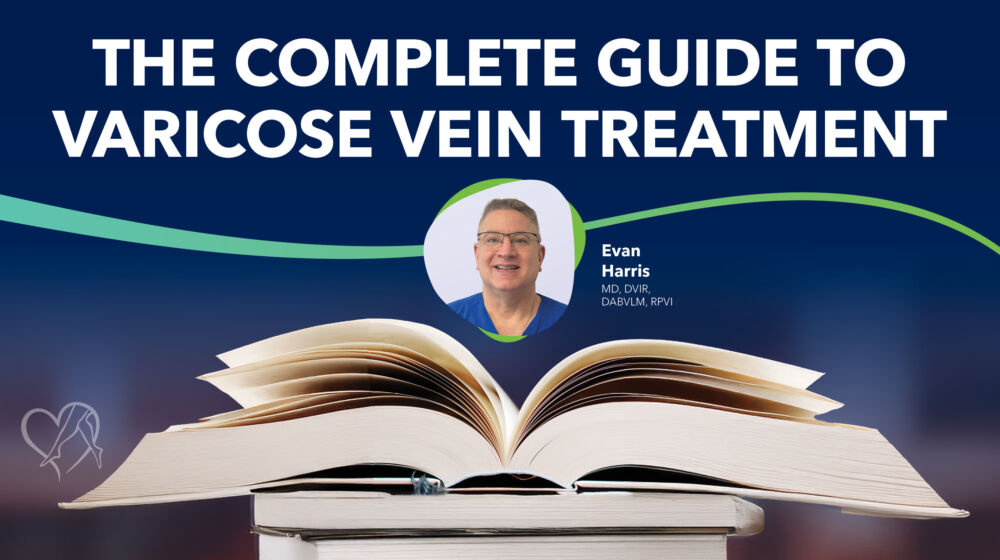
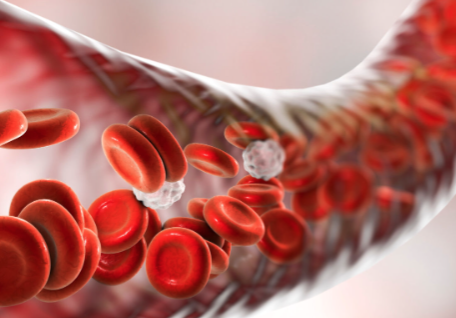 About Vein Disease
About Vein Disease
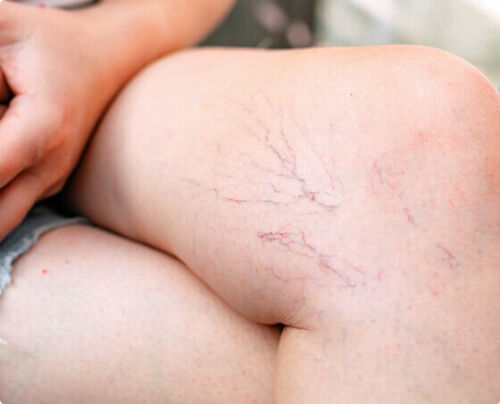 Spider Veins
Spider Veins
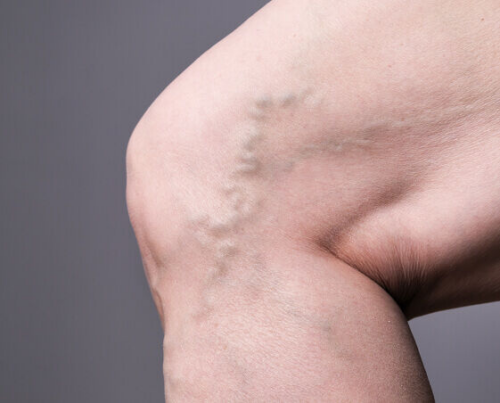 Varicose Veins
Varicose Veins
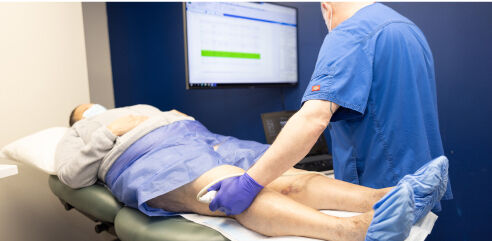 Vein Disease Treatments
Vein Disease Treatments
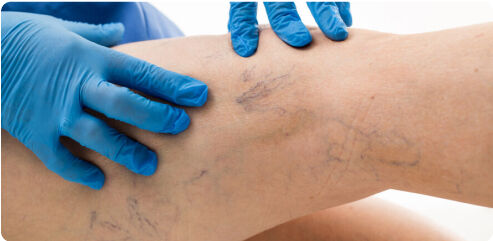 Treating Spider Veins
Treating Spider Veins
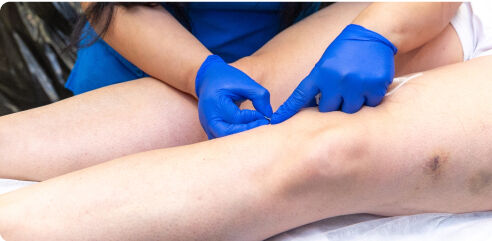 Treating Varicose Veins
Treating Varicose Veins
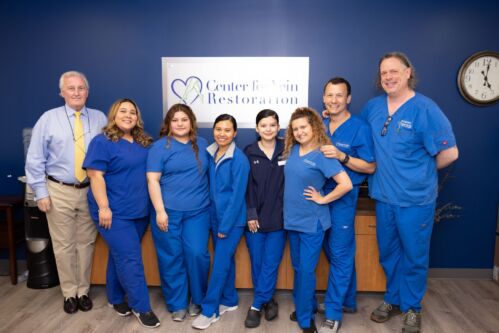 About Us
About Us
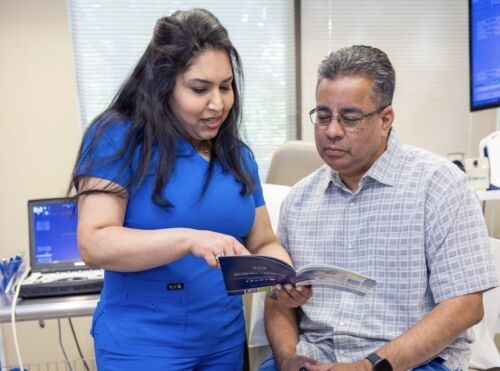 Patient Resources
Patient Resources
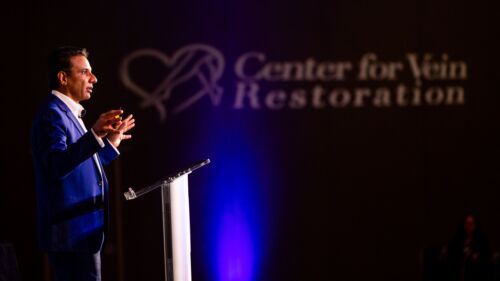 Physician Resources
Physician Resources

